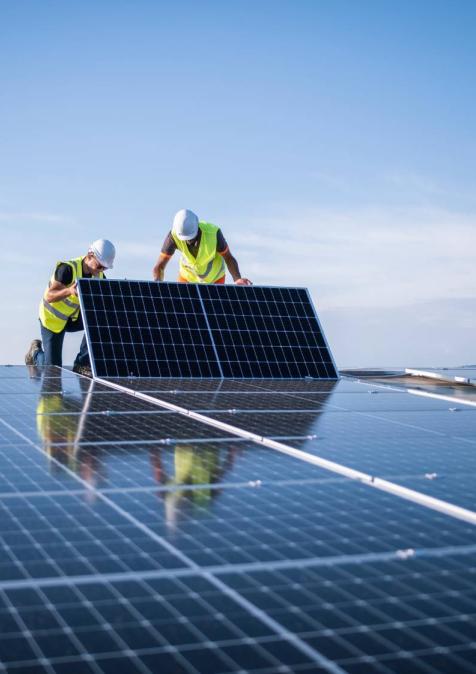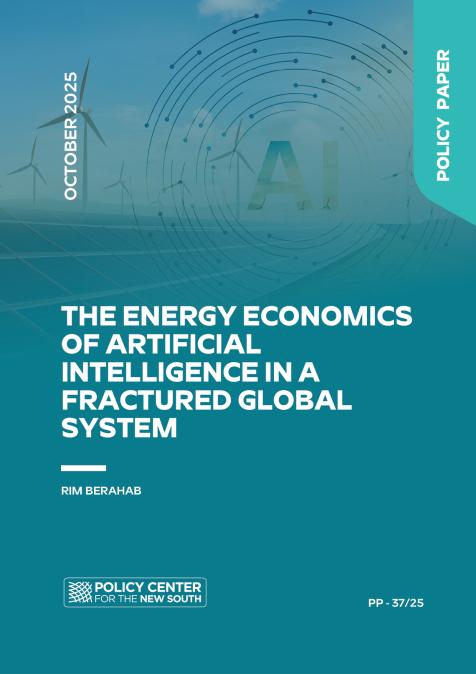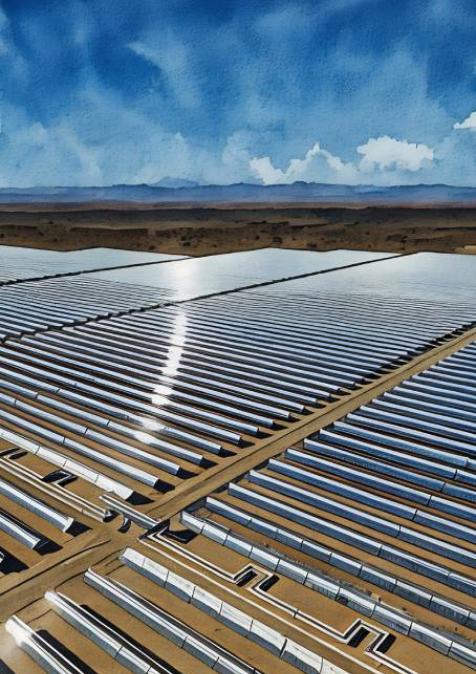Publications /
Annual Report
Book / Report
Commodity prices were once again marked by significant volatility in 2017 and 2018. While there are many economic factors to explain this, politics were also present—trade tensions between China and the United States and, more generally, a rise in uncertainties—weighing upon the global macroeconomic outlook and the ‘dynamism of the markets’. Africa, which has countries with strong growth rates, has, however, been able to show solid economic performance, and this trajectory is not likely to wane in the years to come. The heterogeneity of the continent nevertheless remains intact, both in terms of the economic performance of the countries that make it up and the situation of the various commodities markets (agricultural, mineral, energy) to which it is exposed. The economic, political and societal challenges that it must overcome are major and this cannot be forgotten. Focusing on Africa and the world’s raw materials markets is certainly about understanding markets as diverse as cocoa, coffee or vanilla; oil, coal or gas; copper, gold, platinum or phosphate, but it is also a keen observation of the structural changes on the continent. It requires multiplying and cross-analyzing to understand the importance of ‘local content’ and social responsibility policies. It means understanding the whole issue of water resources management and the optimization of agricultural production while further understanding the sensitive issue of critical raw materials: all topics that the reader will ¬ find, among others, in this 2019 edition of the Arcadia report.
The Arcadia Report is written by about twenty international experts under the direction of Philippe Chalmin, Professor at Paris Dauphine University and Yves Jégourel, University lecturer from Bordeaux and Senior Fellow at Policy Center for the New South. The Arcadia report is part of a collaboration between CyclOpe and the Policy Center for the New South.








